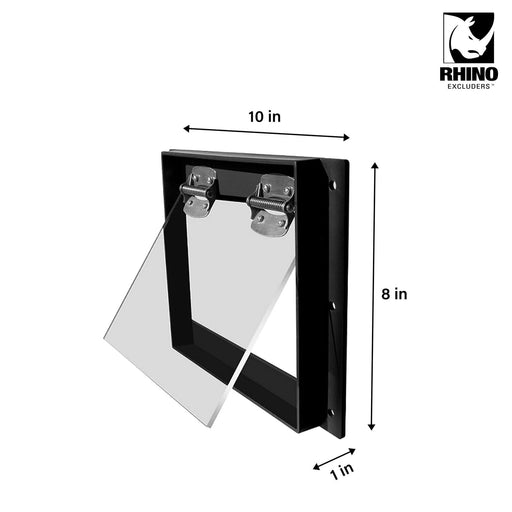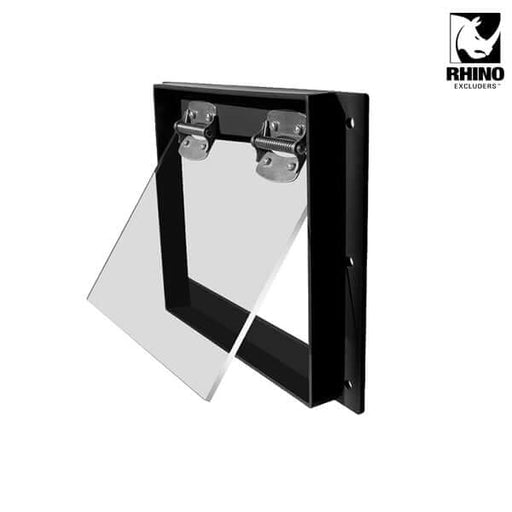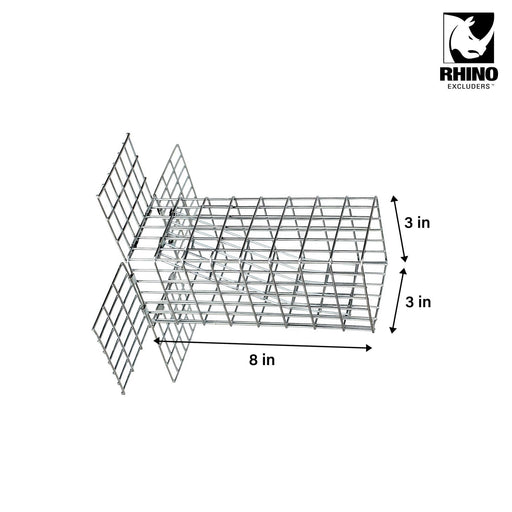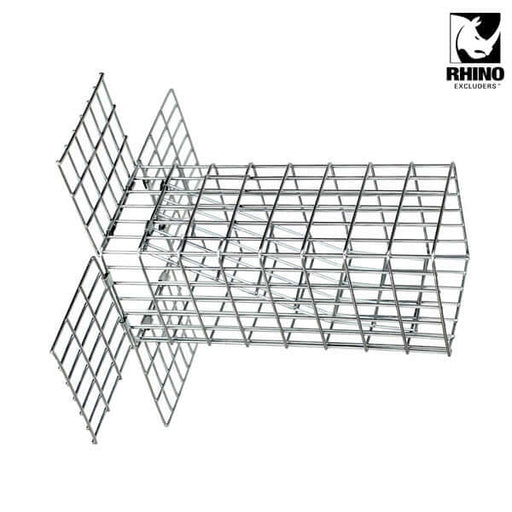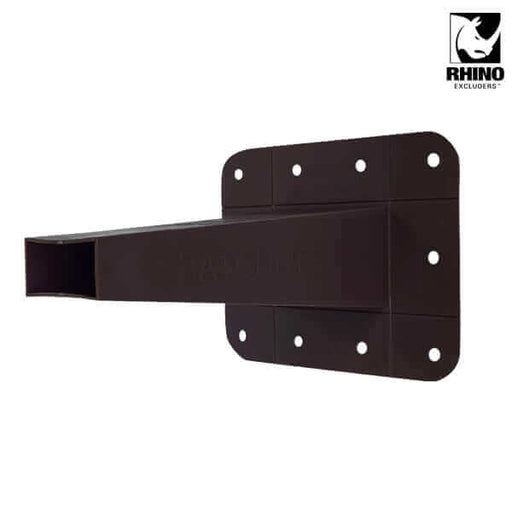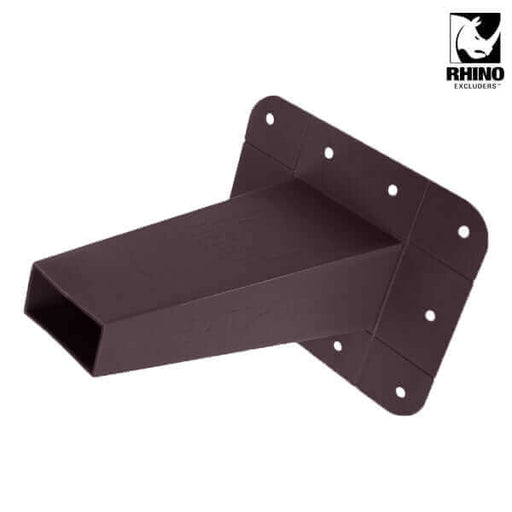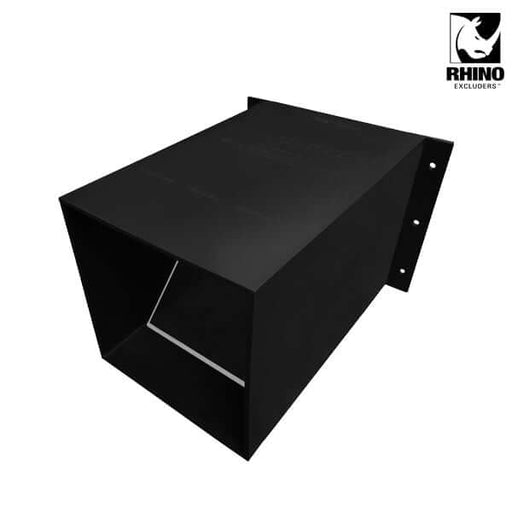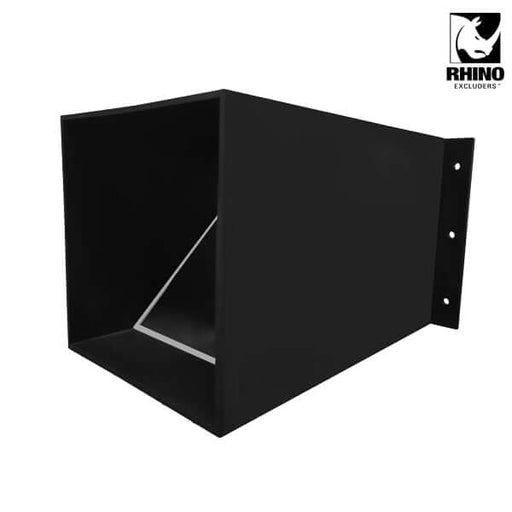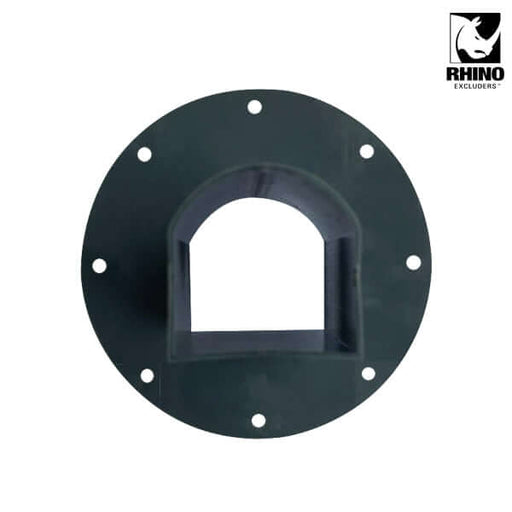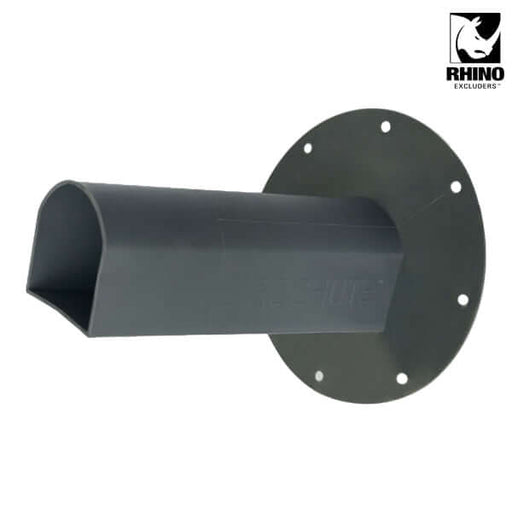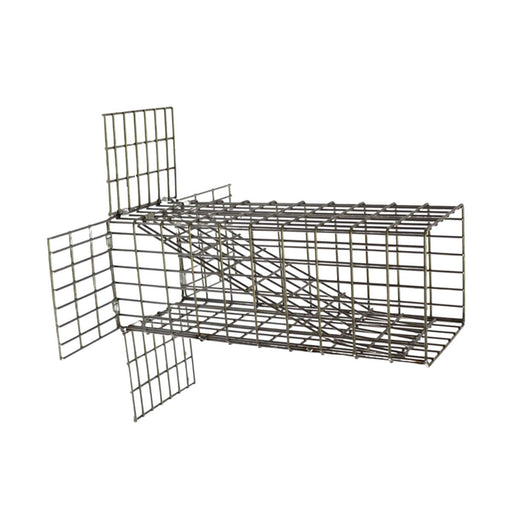
What Sort of Damage Do Rodents Cause?
As a homeowner, encountering a rodent infestation is a nightmare scenario. These unwelcome guests can cause significant damage to your property, disrupt your peace of mind, and lead to costly repairs. Understanding the sort of damage rodents can cause is the first step toward taking proactive measures to protect your home.
In this article, we will go over the various ways rodents can impact your home, health, and pocket. Whether you're dealing with a current rodent issue or aiming to prevent a future infestation, this guide will help equip you with the knowledge you need.
Common Types of Home-Invading Rodents
Rodents are a diverse group of mammals, many of which have adapted remarkably well to living alongside humans. In our homes, they find warmth, shelter, and an abundant supply of food, making them unwelcome yet persistent guests.
The most common rodents that invade our homes include:
- House Mice: These small rodents are grayish-brown with a lighter underside. They can squeeze through openings as small as a quarter-inch, making your home easily accessible.
- Rats: Norway rats and roof rats are the usual culprits in home invasions. They are larger than mice and are known for their destructive behavior.
- Squirrels: These bushy-tailed rodents usually live in trees but might decide to nest in your attic if given the chance.
- Chipmunks: These small, striped rodents are adept at burrowing and can cause damage to foundations and landscapes.

Honorable Mentions: Non-Rodent Pests to Watch Out For
While our focus is on rodents, it's worth mentioning a few other common pests that can invade homes and cause similar problems. They may not be rodents, but their presence can be just as disruptive.
- Skunks: Known for their pungent odor, skunks can cause damage by digging up your lawn and garden in search of food. They might also take up residence under decks or sheds.
- Raccoons: These nocturnal creatures are notorious for rummaging through trash cans, but they can also cause structural damage if they decide to make your attic their home.
- Opossums: While less destructive than raccoons or skunks, opossums can still cause issues if they nest in or around your home, especially in the attic or under your house.
Each rodent (and non-rodent) has unique habits and preferences, but all can lead to considerable damage and potential health risks. Recognizing the type of rodent you're dealing with is the first step toward efficient control and prevention!
The Physical Damage Caused by Rodents
Rodents can cause a surprising amount of physical damage to your home. Their strong teeth and persistent nature make them capable of inflicting harm on various parts of your property.
Gnawing Damage
Rodents, especially rats and mice, have a habit of gnawing. Their teeth never stop growing, so they gnaw on materials like wood and plastic to keep them in check. This can lead to structural damage to your home, including chewed-up furniture, gnawed baseboards, and even holes in walls.
Electrical Damage
One of the most concerning damages is when rodents gnaw on electrical wires. This not only leads to costly repairs but can also create a fire hazard.
Insulation Damage
Rodents like mice and squirrels often nest in attics and walls, where they can cause significant damage to insulation. This can result in heat loss during winter, leading to increased energy bills.
Plumbing Damage
In their quest for water, rodents, especially rats, can gnaw on plastic pipes, causing leaks that can lead to water damage and mold growth.

The Health and Economic Impact of Rodents
Rodents don't just cause physical damage to your property; they also pose significant health risks and economic burdens to homeowners.
Health Risks
Rodents, such as rats, mice, squirrels, and chipmunks, can carry and transmit several diseases to humans, including Hantavirus, Leptospirosis, and the Plague. These diseases can be spread through direct and indirect contact, such as bites, scratches, or inhaling dust contaminated with rodent urine or droppings.
Rodents can also trigger allergic reactions and asthma attacks, especially in children, through their droppings and dander. Food contamination is another concern, as rodents can contaminate food supplies through their feces, urine, or fur, leading to foodborne illnesses. Moreover, the mere presence of rodents can cause stress and anxiety, affecting overall well-being.
Economic Burden
The economic impact of a rodent infestation can be substantial. Homeowners may face costly repairs due to the physical damage caused by the rodents, including gnawed furniture, damaged electrical wires, ruined insulation, and leaks caused by gnawed pipes.
Furthermore, the cost of professional pest control services to eradicate an infestation can be significant, especially if the infestation is advanced or recurring. There's also the potential increase in energy bills due to heat loss from damaged insulation and the cost of replacing contaminated food supplies.
Other Recommended Maintenance
Maintaining a rodent-free home goes beyond direct pest control measures. Regular home inspections can help you spot signs of rodent activity early. Focus on secluded areas like attics, basements, and crawl spaces where rodents often nest.
Sealing cracks and gaps that develop over time can also prevent rodents from gaining access to your home. Use materials like caulk and steel wool that rodents can't chew through to block these entry points.
Your yard can also play a role in attracting or deterring rodents. A well-maintained yard with trimmed trees and shrubs can eliminate pathways into your home. Securely covering trash cans and avoiding leaving food out can keep rodents at bay.
Inside your home, regular cleaning can reduce the risk of an infestation. Promptly clean up crumbs and spills, store food in airtight containers, and regularly take out the trash.
When to Call a Professional
If your own efforts to control a rodent infestation fall short, it's time to seek professional help. Persistent signs of rodent activity, like recurring droppings or gnaw marks, daytime sightings of rodents, or unexplained musty odors, all indicate a problem that requires expert intervention.
Professionals can provide a comprehensive approach to rodent control, identifying and locating nests, and executing an effective eradication strategy. They also offer guidance on the best products to prevent future infestations. For instance, the S33 Rhino Excluder, available through RNS Products, is specifically designed to make squirrels, rats, and chipmunks a thing of the past with minimal effort.
Conclusion
Dealing with a rodent infestation can be a daunting task. These unwelcome guests pose significant risks to your property, health, and finances. From gnawing damage and electrical hazards to disease transmission and allergic reactions, the impact of a rodent presence is far-reaching.
By understanding the types of rodents that invade homes and the signs of their activity, you can take proactive measures to protect your home.
For any questions, or to browse innovative products, designed for humane removal of nuisance pests & wildlife, RNS Products has you covered.
Rhino Excluders™ Collection
-
Original price $54.99Original price $54.99 - Original price $54.99Original price $54.99Current price $44.99$44.99 - $44.99Current price $44.99
R108 - Rhino Excluders® Raccoon One Way Door
Rhino Excluders®In stockABS Plastic body | Light weight | 10” x 8” x 1” Are you tired of dealing with persistent raccoon intrusions? Say goodbye to those frustrating encou...
View full detailsOriginal price $54.99Original price $54.99 - Original price $54.99Original price $54.99Current price $44.99$44.99 - $44.99Current price $44.99Save 18% -
Original price $32.99 - Original price $32.99Original price$32.99$32.99 - $32.99Current price $32.99
S33 - Rhino Excluders® One Way Squirrel Door
Rhino Excluders®In stockS33 Rhino Excluders® One Way Squirrel Door (for Squirrels, Chipmunks, Rats & Similar Size Rodents) 14 Gauge | 8” x 3” x 3” Introducing the S33 ...
View full detailsOriginal price $32.99 - Original price $32.99Original price$32.99$32.99 - $32.99Current price $32.99 -
Original price $24.99Original price $24.99 - Original price $24.99Original price $24.99Current price $21.99$21.99 - $21.99Current price $21.99
Rhino Excluders® BATCHUTE™ One Way Bat Door
Rhino Excluders®In stockRhino Excluders® BATCHUTE™ One Way Bat Door Polypropylene (PP) Plastic body | 7” x 6.5” x 5” BATCHUTE™ One Way Bat Door is designed to humanely rem...
View full detailsOriginal price $24.99Original price $24.99 - Original price $24.99Original price $24.99Current price $21.99$21.99 - $21.99Current price $21.99Save 12% -
Original price $64.99Original price $64.99 - Original price $64.99Original price $64.99Current price $49.99$49.99 - $49.99Current price $49.99
Rhino Excluders® PROCHUTE™ One Way Door for removal of Raccoons, Skunks, Groundhogs, Opossums
Rhino Excluders®In stockRhino Excluders® PROCHUTE™ One Way Door Durable 5mm ABS Plastic body | 11” x 9” x 7” Prochute™ Excluder is perfect for removing raccoons, skunks, o...
View full detailsOriginal price $64.99Original price $64.99 - Original price $64.99Original price $64.99Current price $49.99$49.99 - $49.99Current price $49.99Save 23% -
Original price $24.99Original price $24.99 - Original price $24.99Original price $24.99Current price $21.99$21.99 - $21.99Current price $21.99
Rhino Excluders® BIRDCHUTE™ One Way Bird Door for removal of Birds
Rhino Excluders®In stockRhino Excluders® BIRDCHUTE™ One Way Bird Door Polypropylene (PP) Plastic body | 7” x 6.5” x 6.5” Birdchute™ One Way Bird Door is perfect for removi...
View full detailsOriginal price $24.99Original price $24.99 - Original price $24.99Original price $24.99Current price $21.99$21.99 - $21.99Current price $21.99Save 12% -
Original price $34.99 - Original price $34.99Original price$34.99$34.99 - $34.99Current price $34.99
S35 Rhino Excluders® One Way Door For Squirrels, Chipmunks, Rats & Similar Size Rodents
Rhino Excluders®In stockS35 Rhino Excluders® One Way Door For Squirrels, Chipmunks, Rats & Similar Size Rodents 14 Gauge | 10” x 3.5” x 3.5” Introducing the S35 Rhino ...
View full detailsOriginal price $34.99 - Original price $34.99Original price$34.99$34.99 - $34.99Current price $34.99

